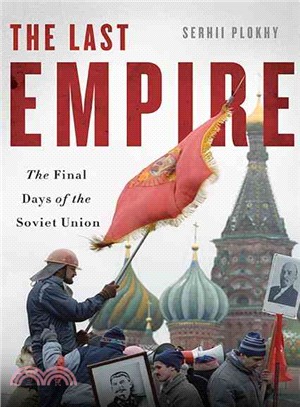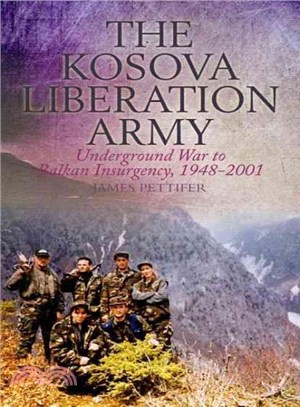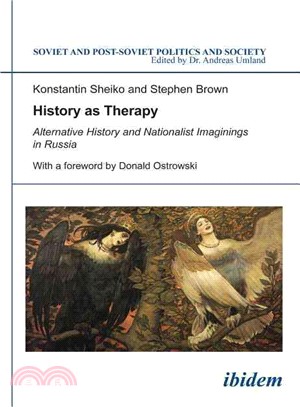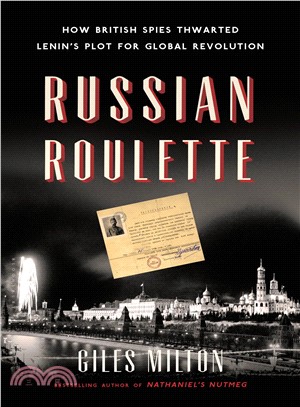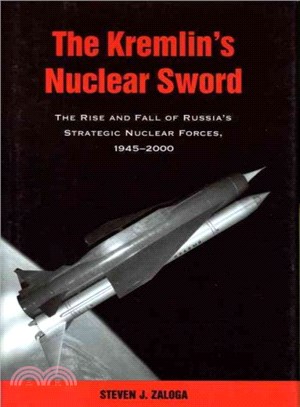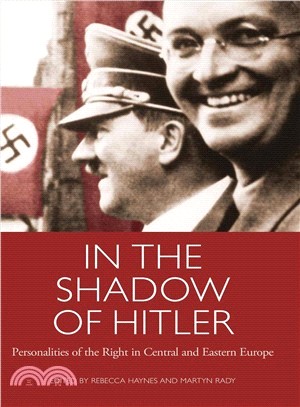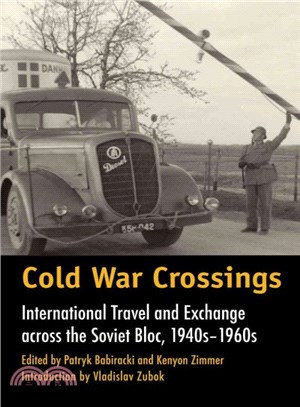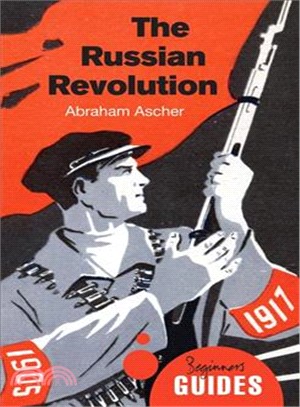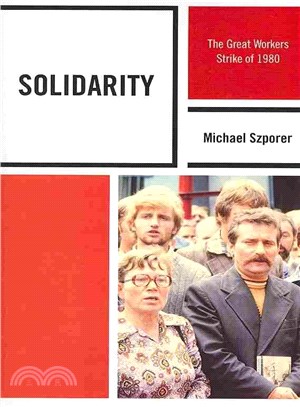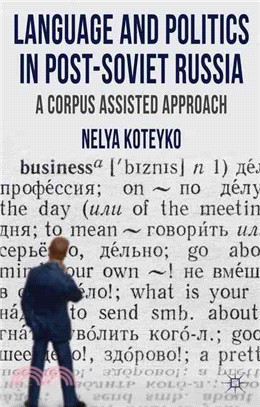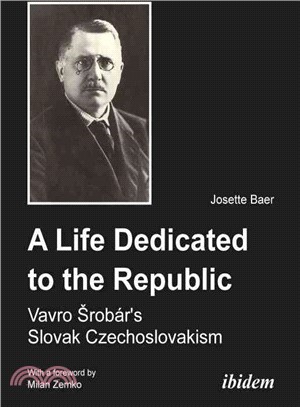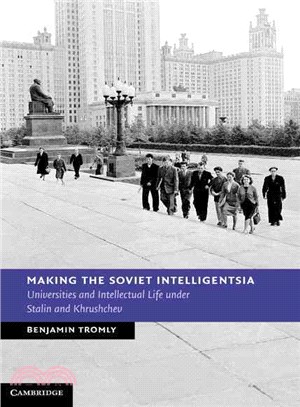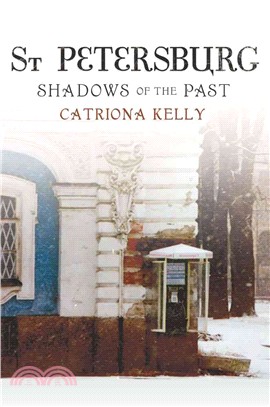共
2902 筆
第32 / 73 頁
若需訂購本書,請電洽客服 02-25006600[分機130、131]。
若需訂購本書,請電洽客服 02-25006600[分機130、131]。
優惠價:9
1197
無庫存
若需訂購本書,請電洽客服 02-25006600[分機130、131]。
優惠價:1
2157
無庫存
若需訂購本書,請電洽客服 02-25006600[分機130、131]。
優惠價:79
961
無庫存
若需訂購本書,請電洽客服 02-25006600[分機130、131]。
優惠價:9
1404
無庫存
優惠價:79
779
無庫存
優惠價:1
1437
無庫存
優惠價:1
2340
無庫存
若需訂購本書,請電洽客服 02-25006600[分機130、131]。
優惠價:1
1447
無庫存
優惠價:79
841
庫存:3
優惠價:1
2059
無庫存
優惠價:9
2808
無庫存
優惠價:9
2047
無庫存
絕版無法訂購
優惠價:9
2281
無庫存
優惠價:1
2250
無庫存
若需訂購本書,請電洽客服 02-25006600[分機130、131]。
若需訂購本書,請電洽客服 02-25006600[分機130、131]。
優惠價:9
1438
無庫存
絕版無法訂購
優惠價:9
752
無庫存
優惠價:79
720
無庫存
優惠價:79
450
無庫存
優惠價:79
1327
無庫存
若需訂購本書,請電洽客服 02-25006600[分機130、131]。
優惠價:1
3479
無庫存
若需訂購本書,請電洽客服 02-25006600[分機130、131]。
若需訂購本書,請電洽客服 02-25006600[分機130、131]。
若需訂購本書,請電洽客服 02-25006600[分機130、131]。
優惠價:1
2760
無庫存
若需訂購本書,請電洽客服 02-25006600[分機130、131]。
優惠價:9
2907
無庫存









